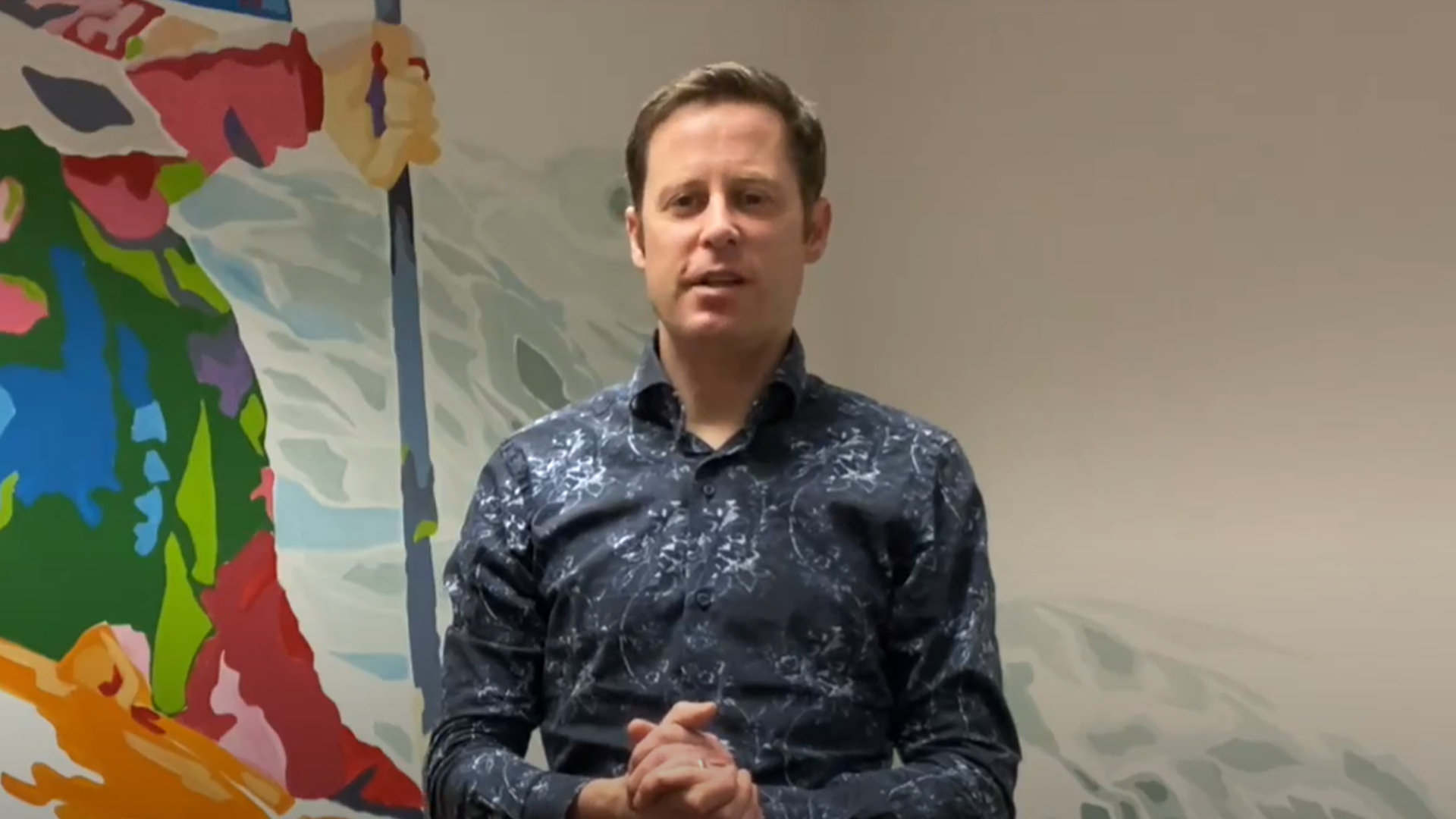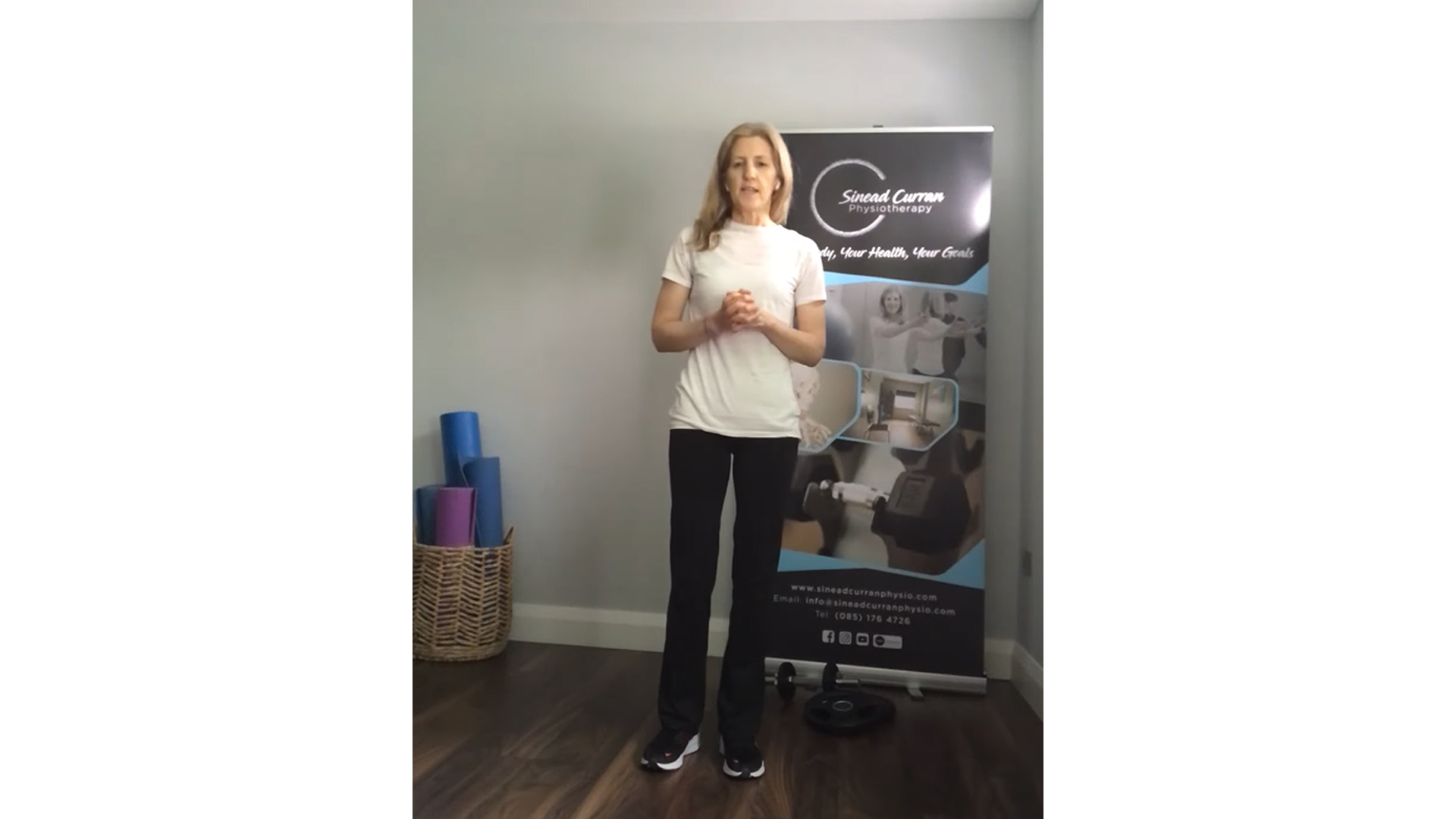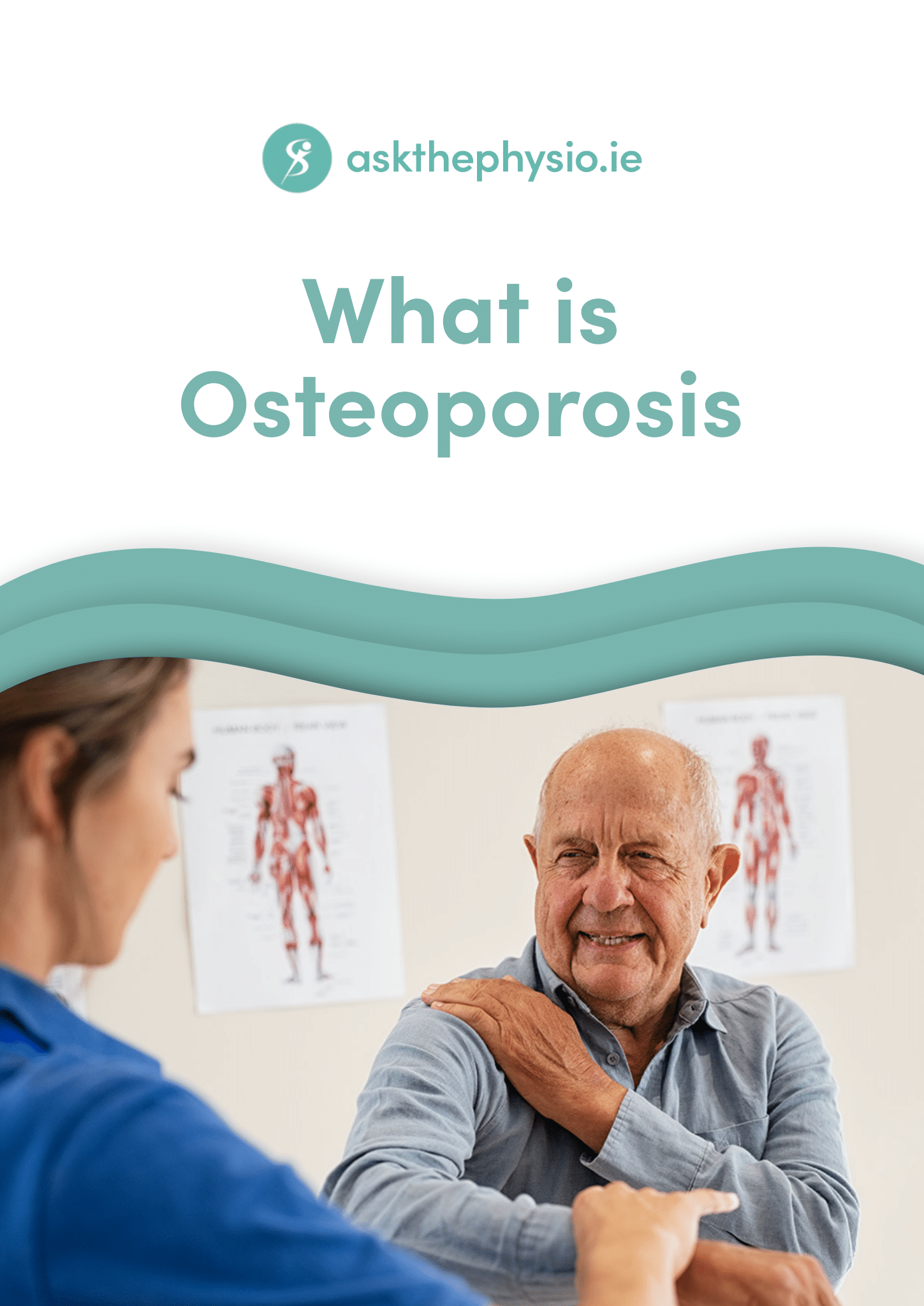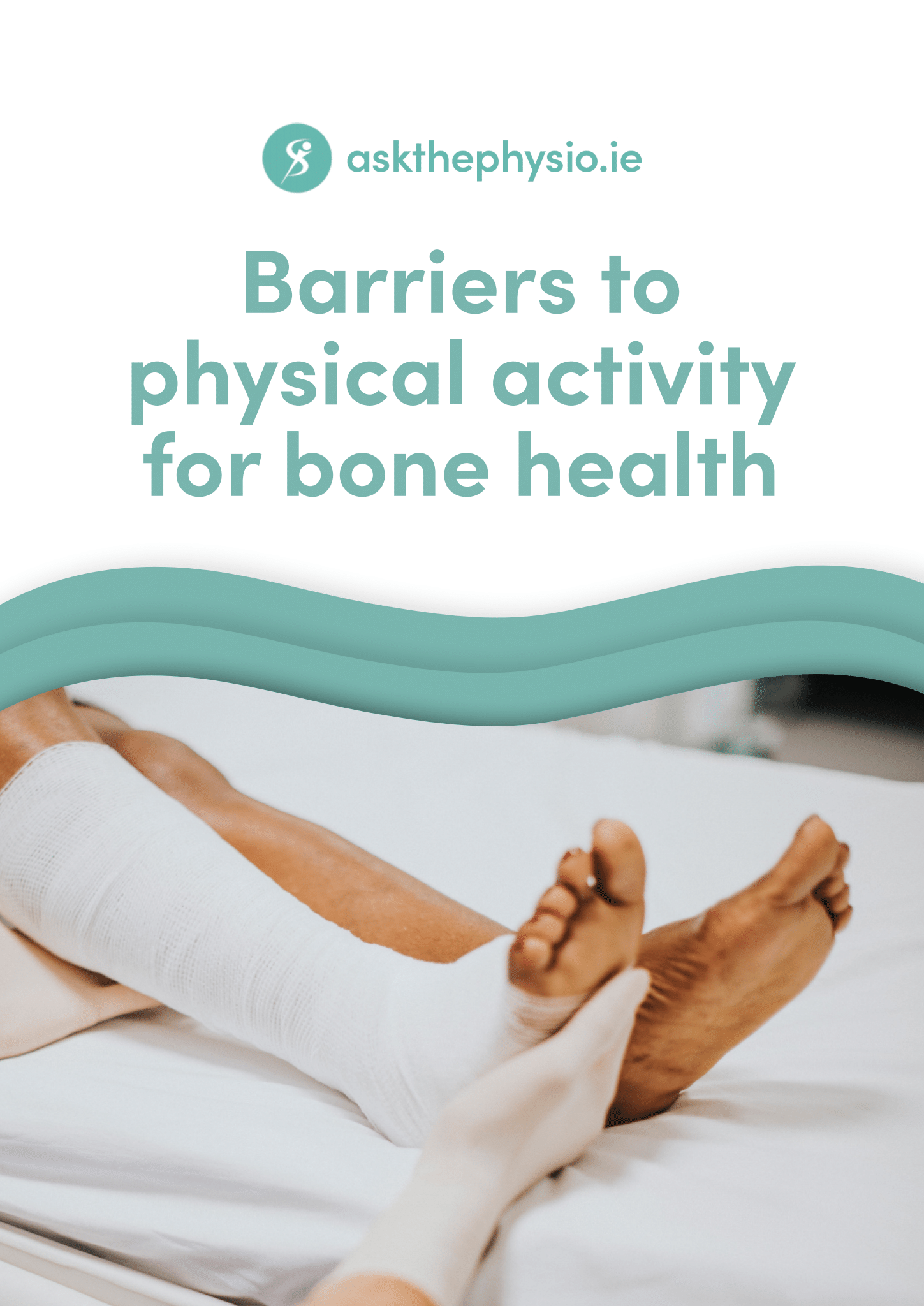Healthy bones are often a limiting factor when it comes to physical longevity and life experiences, Chartered Physiotherapists can guide and advise on exercises and supplementation to prolong bone health.
What is Bone Health and Why is it Important?
Bone Health is concerned with the internal strength, density and structure of your bone tissue. We often view bones as solid items and less as biological structures. It is best to think about bone tissue in the same way we consider muscle tissue – it can grow and shrink, weaken and strengthen, and we have almost complete control in determining this.
The primary factors in Bone Health are nutrition and activity levels. A healthy diet with enough Vitamin D and Calcium will aid your bone heath and density, while meeting general health guidelines of at least 30 minutes of moderate-intensity exercise per day in adults, and at least 60 minutes for children will also provide enough stimulation to encourage constant growth and renewal.
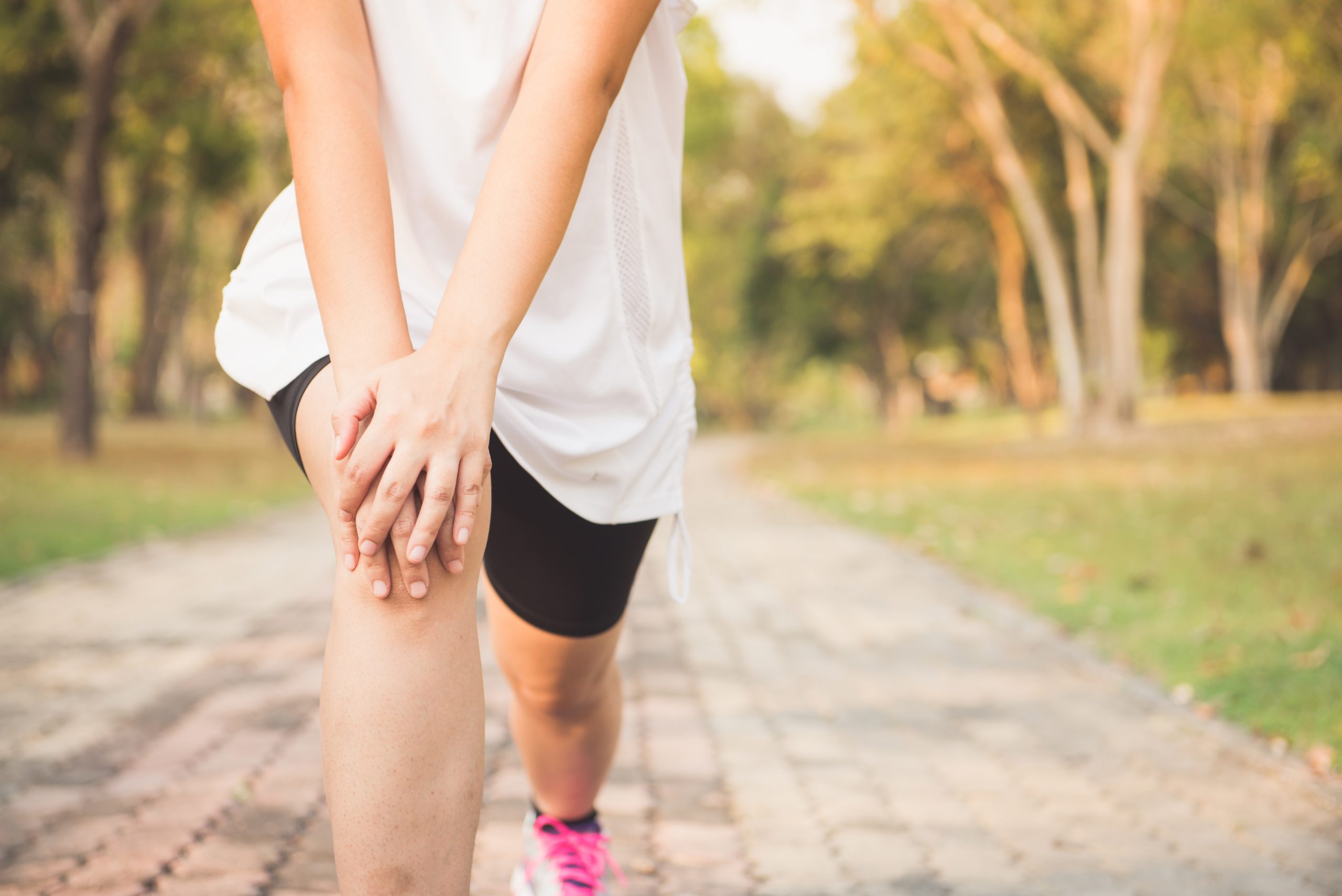
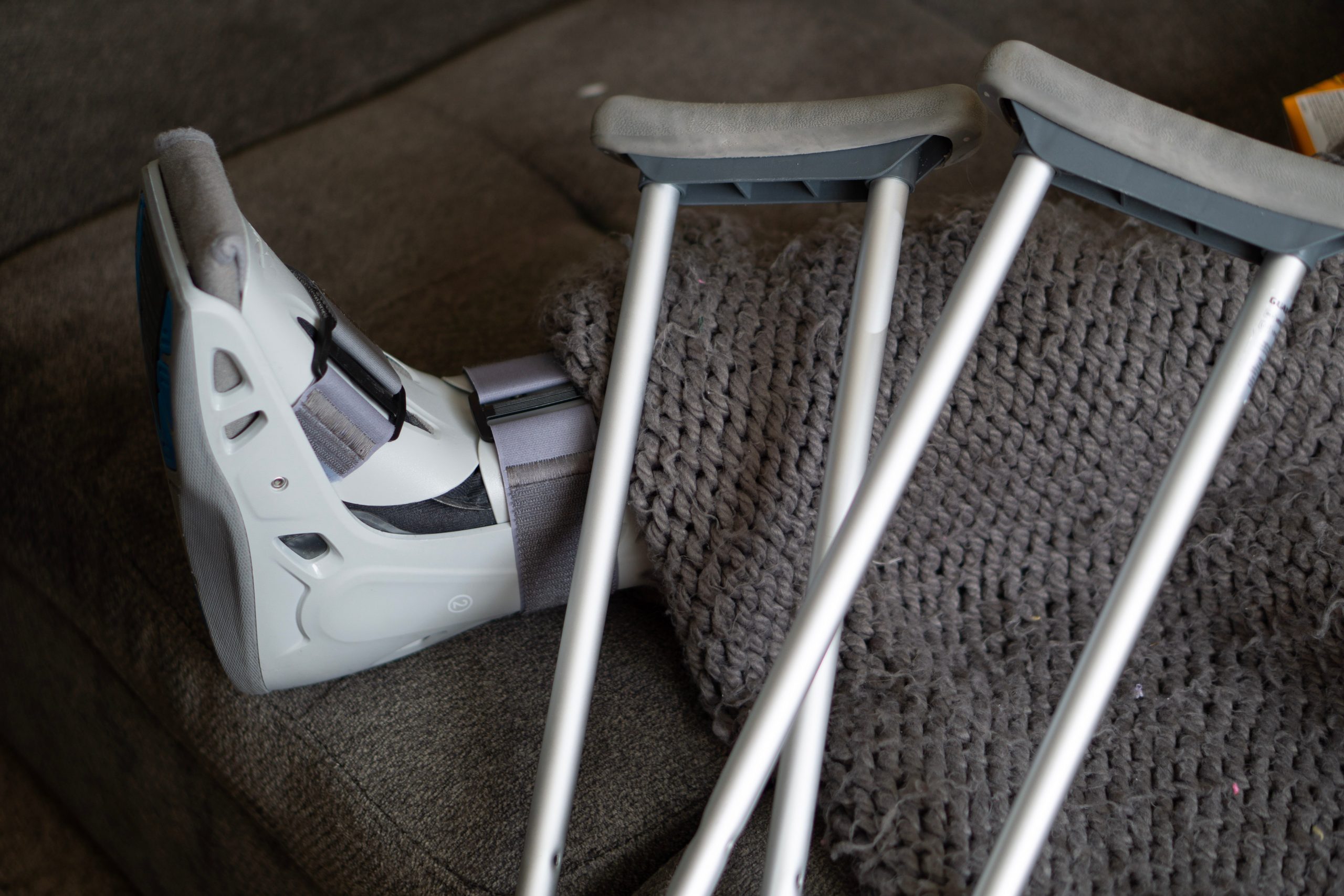
Why focus on Bone Health?
1 in 5 men and 1 in 2 women aged over 50 will develop a fracture due to osteoporosis. It has become somewhat accepted that falls or trips in one’s 60’s or older would result in a bone break or fracture. However this is not, and should not be a normal or expected outcome.
Bone health management doesn’t start at 70. From childhood practices can be encouraged to ensure healthy bones for a lifetime, yet these are largely unknown to the public. Both lack of stimulation (undertraining) and not allowing adequate recovery between activities (overtraining) can lead to bone deterioration.
Finding the happy medium is the key to longevity.
What will a Chartered Physiotherapist do for me?
Chartered Physiotherapists can help to slow, stop, and even reverse bone deterioration.
Physiotherapists can discuss your current lifestyle and activity levels and advise suitable actions on that basis. If you are undertraining, your physiotherapist may prescribe walking or running on a regular basis to stimulate bone development. If you are older and/or less mobile, something like yoga may be recommended.
If you are overtraining, you may need to assess your current weekly schedule and make adjustments to give adequate recovery between activities. Your physiotherapist will be able to shed some light on the specifics of how long is enough time between exercise for your personal situation.
What can I do if I already have Osteoporosis?
If you suffer from Osteoporosis, there’s still a lot you can do to manage your condition and slow down its effects. While there is no one-size-fits-all solution, the 3 pillars of managing osteoporosis are nutrition, exercise and medication.
Talking to your physiotherapist and/or GP will yield the best results, but we can always eat better and go for more walks in our lives, and that’s the best place to start if you’re waiting on an appointment.
The Irish Osteoporosis Society linked below has a host of helpful information and resources for you to learn more about osteoporosis!
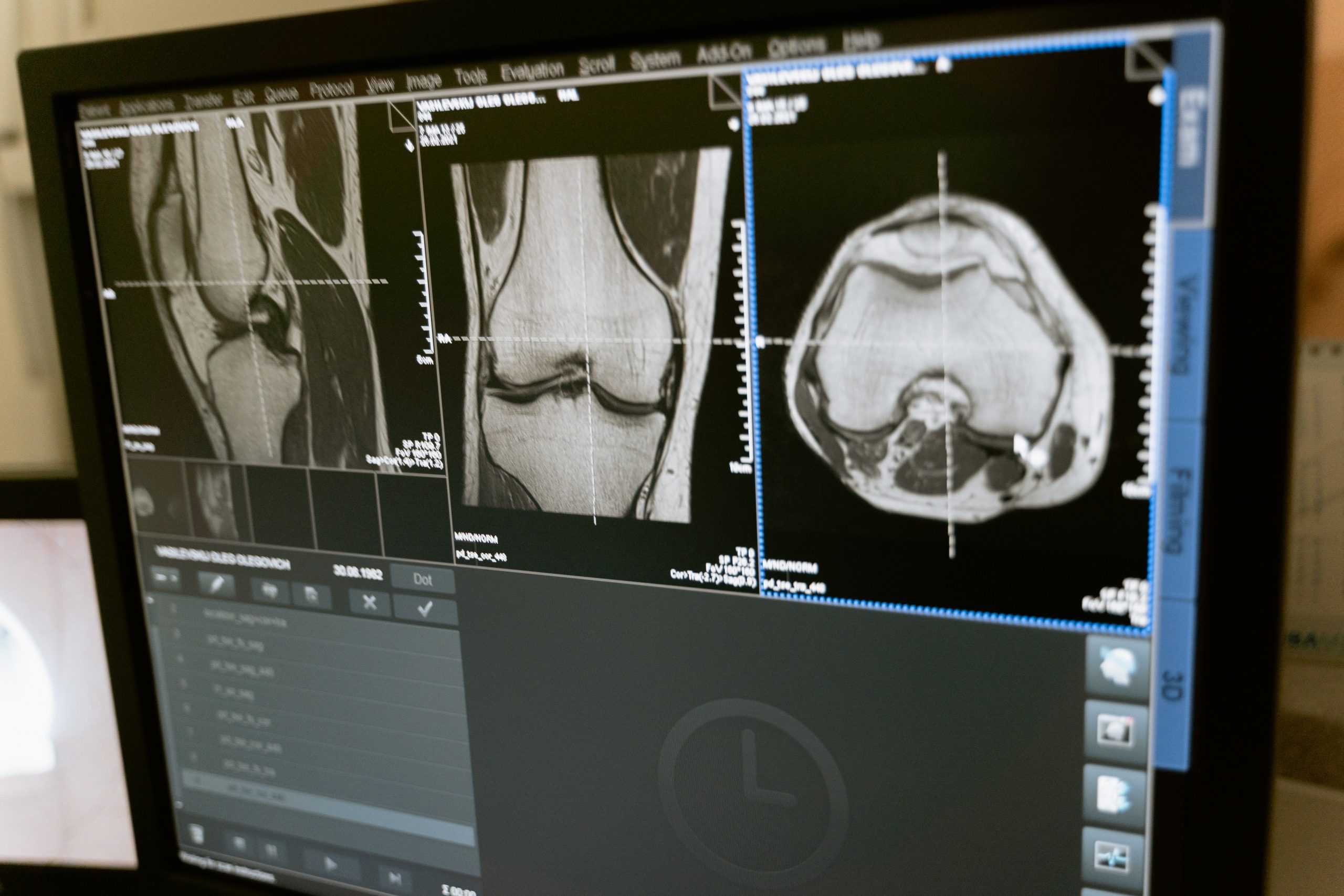
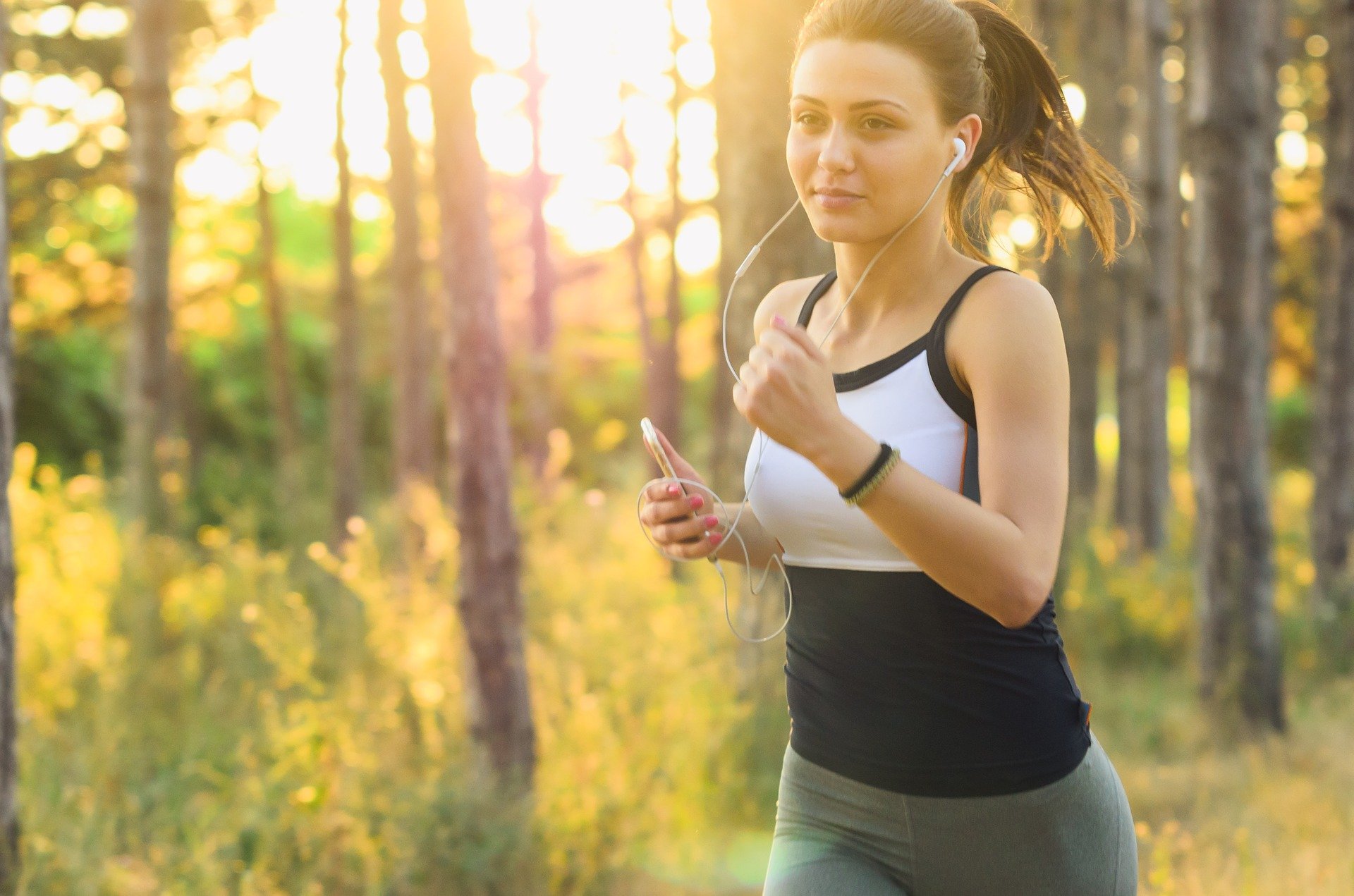
Why are More Women Affected by Bone Loss than Men?
- Women tend to have smaller bones than men.
- Women go through menopause, and some women can lose up to 30% of the overall bone in their body during this process.
- If a female’s period started later than age 15, they are at a higher risk for bone loss as their sex hormones were not regular.
- If a female has or had PMT (Premenstrual tension) their hormones are not regular, so they are at higher risk of bone loss.
- If a woman has endometriosis, their sex hormones are not regular, and they are at a higher risk of developing osteoporosis.
- If a woman is on the contraceptive Depo Provera, this has been proven to cause bone loss.
- If a woman has a hysterectomy, they are at a much higher risk of bone loss.
For female athletes, more information can be accessed about cases of the ‘Female Athlete Triad’ (involving osteoporosis, menstrual dysfunction or amenorrhea, and eating disorders), and treatment/preventative measures through the useful links below.
Benefits of Good Bone Health
- Reduced likelihood of bone breaks or fractures
- Increased ability to exercise into old age
- Increased ability to withstand impact into old age
- Reduced likelihood of bone-related illnesses such as osteoporosis
- Increased athletic performance
Resources
Find a Chartered Physiotherapist
Use our Find a Physio tool to find a Chartered Physiotherapist working in your area
Disclaimer
The content on this page is provided for general information purposes only and is not meant to replace a physiotherapy or medical consultation. The ISCP is not responsible for the content of any external sites, nor should selection be seen as an endorsement of them.


